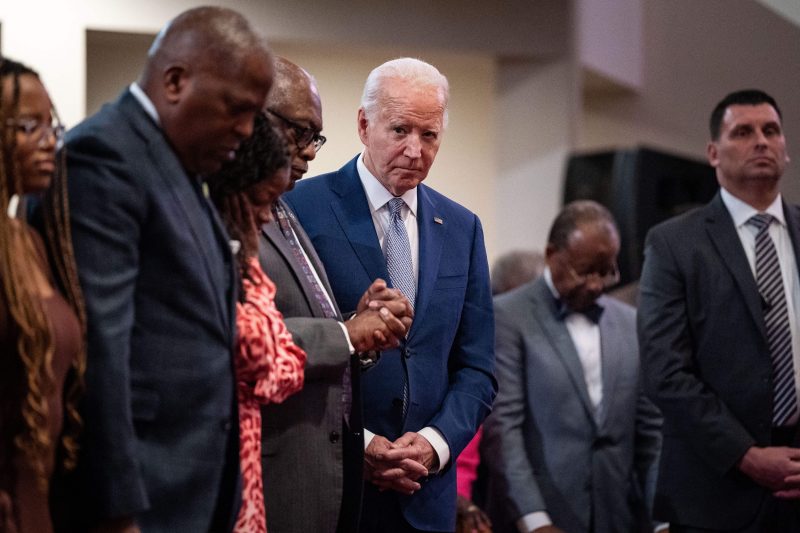In a recent Ipsos survey, it was revealed that there is a decline in the number of black voters planning to participate in the 2024 elections compared to previous years. This shift in voter engagement raises concerns about the potential impact on electoral outcomes and the representation of minority voices in politics.
The survey data indicates that only 65% of black voters are currently planning to vote in the upcoming 2024 elections, marking a significant drop from the 78% recorded in the previous election cycle. This decline in voter turnout among black voters highlights the importance of understanding the underlying factors that may be contributing to this trend.
One of the key factors that could be influencing the decreased voter participation among black voters is voter suppression. Historically, black communities have faced numerous barriers to voting, including restrictive voter ID laws, polling place closures, and gerrymandering. These obstacles can discourage individuals from participating in the electoral process, leading to lower voter turnout rates.
Additionally, the lack of diversity and representation in political leadership can also contribute to decreased engagement among black voters. When there is a lack of representation of minority voices in government, it can be challenging for individuals to feel motivated to participate in the political process. This highlights the importance of promoting diversity and inclusion in politics to ensure that all voices are heard and represented.
Furthermore, the current political climate and issues facing black communities may also play a role in shaping voter attitudes and engagement. As black voters continue to advocate for social justice, racial equality, and economic empowerment, it is essential for political leaders to address these concerns and prioritize policies that address the needs of marginalized communities.
In order to address the decline in voter turnout among black voters, it is crucial for policymakers and community leaders to take proactive steps to promote voter engagement and address barriers to voting. This can include initiatives to expand access to voting, provide education and outreach on voting rights, and advocate for policies that promote diversity and inclusion in politics.
Overall, the findings of the Ipsos survey highlight the need for continued efforts to ensure that all individuals, including black voters, have the opportunity to participate in the democratic process. By addressing the underlying factors that may be contributing to decreased voter participation, we can work towards a more inclusive and representative political system that reflects the diversity of our society.

